Challenges and Opportunities in IoT Adoption
The Internet of Things (IoT) has emerged as a transformative force across various sectors, promising to revolutionize how we live, work, and interact with technology. By connecting devices and enabling them to communicate and share data, IoT has the potential to enhance efficiency, improve decision-making, and create new business models. However, the journey toward widespread IoT adoption is not without its challenges. This article explores the key challenges and opportunities associated with IoT adoption, providing insights into how organizations can navigate this complex landscape.
Understanding IoT Adoption
What is IoT?
The Internet of Things refers to a network of interconnected devices that communicate and exchange data over the internet. These devices can range from everyday household items, such as smart thermostats and wearables, to industrial machinery and infrastructure. The data generated by these devices can be analyzed to derive valuable insights, enabling organizations to optimize operations, enhance customer experiences, and drive innovation.
The Growing Importance of IoT
As the number of connected devices continues to grow, the importance of IoT in various sectors becomes increasingly evident. According to estimates, there will be over 30 billion connected devices by 2025, creating vast amounts of data that can be harnessed for various applications. From smart cities and healthcare to agriculture and manufacturing, IoT has the potential to transform industries and improve quality of life.
Challenges in IoT Adoption
1. Security Concerns
One of the most significant challenges facing IoT adoption is security. As more devices become connected, the potential attack surface for cybercriminals expands. Many IoT devices have been found to have vulnerabilities, such as weak authentication mechanisms and unencrypted data transmission. A successful cyberattack can lead to data breaches, unauthorized access, and even physical harm in critical applications like healthcare and transportation.
2. Data Privacy
Alongside security concerns, data privacy is a critical issue in IoT adoption. IoT devices collect vast amounts of personal and sensitive data, raising questions about how this data is stored, processed, and shared. Organizations must navigate complex regulations, such as the General Data Protection Regulation (GDPR) in Europe, to ensure compliance and protect user privacy. Failure to do so can result in legal repercussions and damage to reputation.
3. Interoperability
The IoT ecosystem comprises a diverse range of devices, platforms, and protocols, leading to challenges in interoperability. Many devices from different manufacturers may not communicate effectively with one another, hindering the seamless integration of IoT solutions. Organizations must invest in standardization and compatibility to ensure that their IoT systems can work together efficiently.
4. Scalability
As organizations begin to adopt IoT solutions, scalability becomes a crucial consideration. Many IoT deployments start small but need to scale rapidly to accommodate growing data volumes and device counts. Ensuring that infrastructure can handle increased loads without compromising performance is essential for successful IoT adoption.
5. Cost of Implementation
The initial cost of implementing IoT solutions can be a barrier for many organizations. Expenses related to hardware, software, connectivity, and data storage can add up quickly. Additionally, organizations may need to invest in training and upskilling employees to manage and maintain IoT systems. While the long-term benefits of IoT can outweigh these costs, the upfront investment can deter some businesses from adopting IoT technologies.
6. Lack of Skilled Workforce
The successful implementation and management of IoT solutions require a skilled workforce with expertise in data analytics, cybersecurity, and IoT technologies. However, there is a shortage of professionals with the necessary skills to navigate the complexities of IoT adoption. Organizations may struggle to find and retain talent, hindering their ability to leverage IoT effectively.
Opportunities in IoT Adoption
Despite the challenges, the opportunities presented by IoT adoption are vast and varied. Organizations that successfully navigate these challenges can unlock significant benefits.
1. Enhanced Operational Efficiency
One of the most compelling opportunities presented by IoT is the potential for enhanced operational efficiency. By collecting and analyzing data from connected devices, organizations can identify inefficiencies, optimize processes, and reduce waste. For example, manufacturers can use IoT sensors to monitor equipment performance in real-time, enabling predictive maintenance and minimizing downtime.
2. Improved Customer Experience
IoT technologies enable organizations to gain deeper insights into customer behavior and preferences. By analyzing data from connected devices, businesses can tailor their products and services to meet customer needs more effectively. For instance, retailers can use IoT data to personalize marketing campaigns and improve inventory management, leading to enhanced customer satisfaction.
3. New Business Models
The adoption of IoT can pave the way for new business models and revenue streams. Organizations can leverage data generated by IoT devices to create innovative services and solutions. For example, companies can offer subscription-based models for connected devices, providing ongoing support and updates. Additionally, data monetization opportunities arise as organizations can sell insights derived from IoT data to third parties.



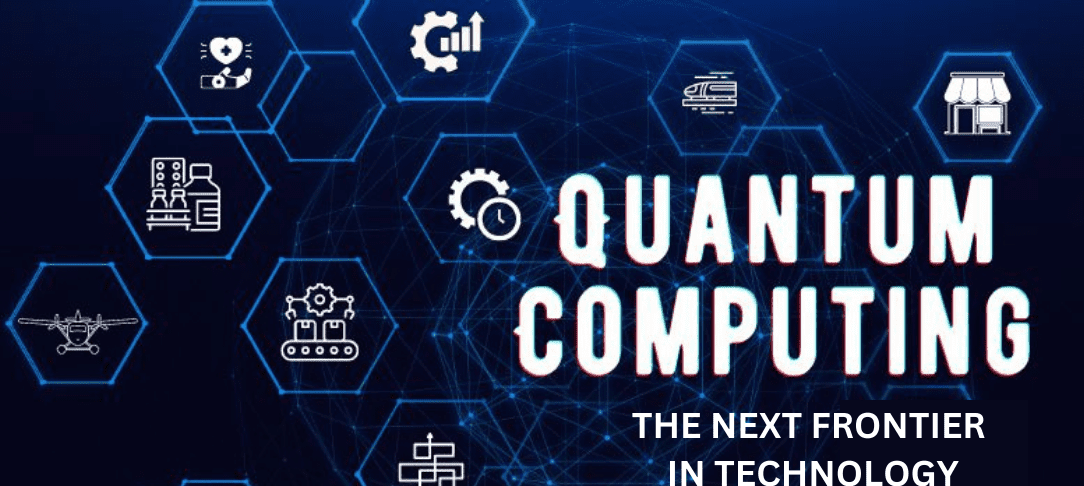




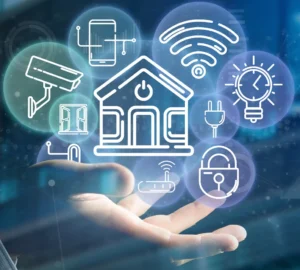
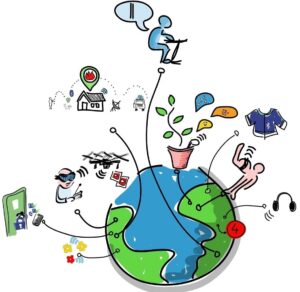
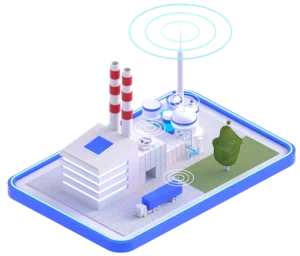
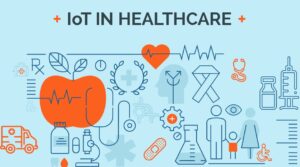

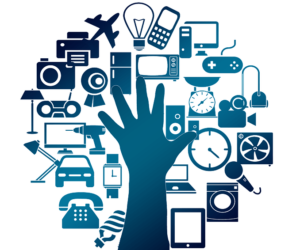
Post Comment